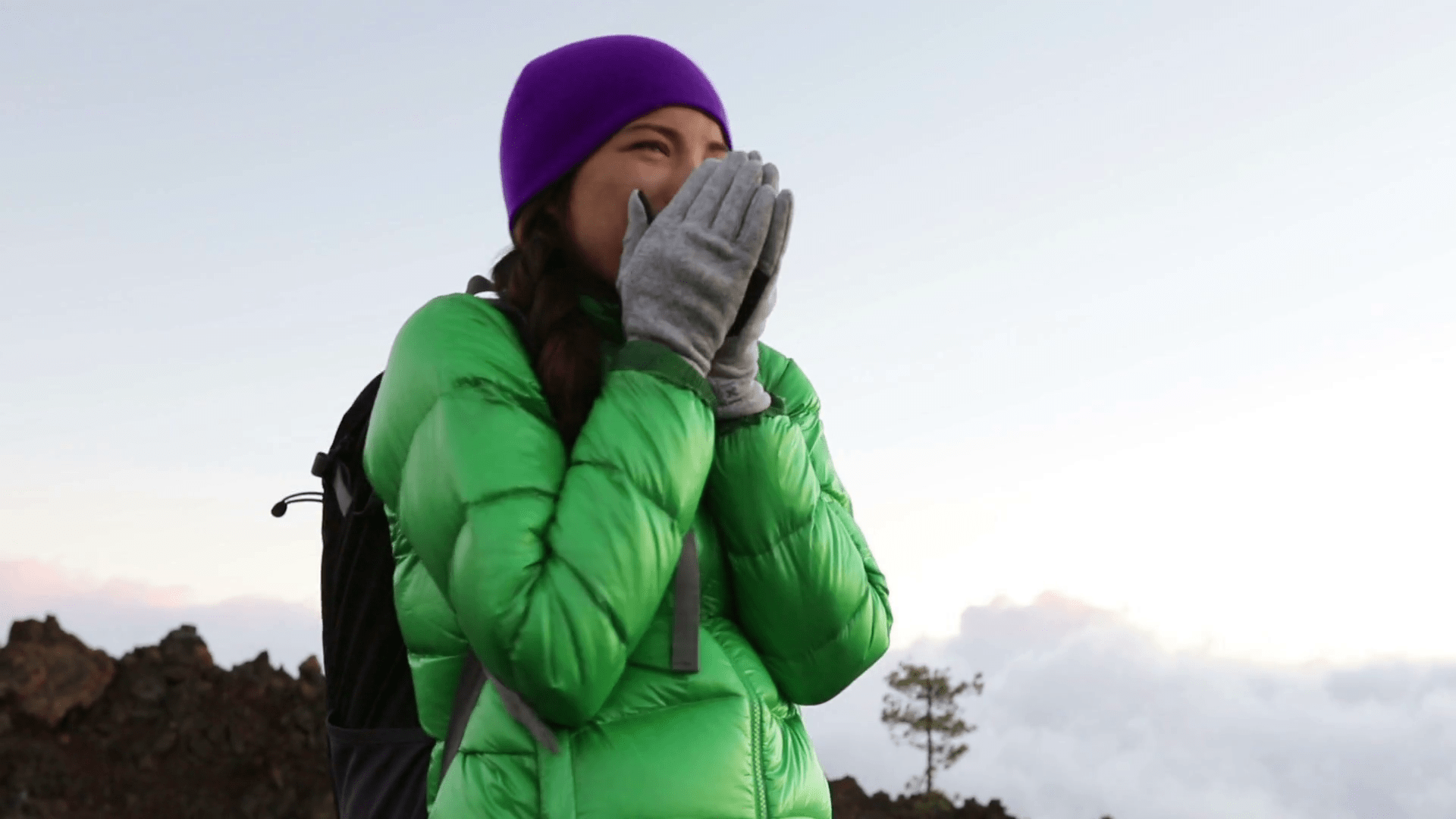Contents:
- Medical Video: What Hypothermia Does To Your Body And Brain
- The various causes of hypothermia that you need to know
- 1. Soak in cold water
- 2. Exposed to cold air
- 3. Operation
Medical Video: What Hypothermia Does To Your Body And Brain
Living in a tropical country in Indonesia, you may not be familiar with the term hypothermia and limited to having only seen it in Western films. Most films usually describe hypothermia with people who are cold because they are trapped in the Antarctic snowstorm. However, this problem can not only occur in snowy or cold climates. Even if you can't take care of yourself during your activities in Indonesia, you can also get hypothermia. What can be the cause of hypothermia?
The various causes of hypothermia that you need to know
Hypothermia is a term to describe a drastic and rapid decrease in body temperature. A normal human body temperature is around 37.5º Celsius, but hypothermia can reduce body temperature to far below 35º Celsius.
Hypothermia occurs because the body fails to warm itself because the temperature changes occur very quickly. Normally, the body will shiver as soon as it starts to feel cold. Then the body will burn fat to produce heat to keep the core temperature normal. But when you are constantly exposed to cold, this self-heating mechanism cannot work properly because the heat produced will not be sufficient. As a result, various symptoms of hypothermia arise.
Hypothermia is a medical emergency that needs to be addressed immediately so that it is not fatal. When body temperature drops dramatically, the work of the heart, nervous system, and organs will slowly begin to function slowly. Without treatment, hypothermia can cause heart failure and pulmonary failure which ends in death.
The main cause of hypothermia is exposure to air or cold water. Various other causes of hypothermia that might occur as reported by Very Well, include:
1. Soak in cold water
Soaking cold water for a long time can cause hypothermia. The cold water will remove the heat produced by the body, even 25 times faster than the cold air.
You can also experience hypothermia if you swim too long or keep wearing clothes that are wet with sweat after exercise.
2. Exposed to cold air
Hypothermia is a major threat to mountain climbers, who are often underestimated. The higher you climb, the lower the temperature of the environment and the more windy it becomes. Cold wind not only makes you shiver, but also reduces body temperature for a long time.
If cold air accompanied by rain occurs when you go up the mountain, a combination of both makes your risk of hypothermia greater.
3. Operation
Hypothermia is not always caused by the surrounding weather, but also when you get medical treatment such as surgery, especially major surgery.
The operating room temperature standards can range from 19-24ºC with sufficiently low humidity (45–60 percent). That is, the operating room is very cold and dry. Plus you will always be in a state of unconsciousness and nakedness (only with surgical gowns) during surgery. This can inhibit the body's mechanism to warm itself.
In addition, the skin that is supposed to be the guarding layer of heat in the body will be slashed and opened. As a result, cold air can enter the internal organs of the body.












